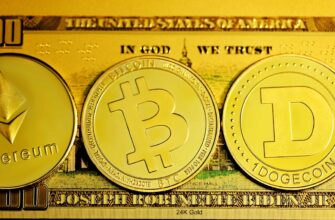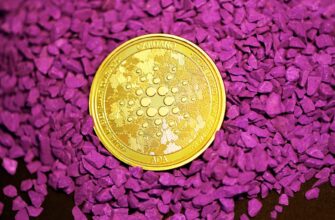- Understanding the Halal Cryptocurrency Debate
- Core Islamic Finance Principles
- Nouman Ali Khan’s Perspective on Cryptocurrency
- Arguments For and Against Crypto Being Halal
- Pro-Halal Arguments:
- Anti-Halal Concerns:
- Practical Guidance for Muslim Investors
- Frequently Asked Questions (FAQ)
- 1. Did Nouman Ali Khan declare cryptocurrency haram?
- 2. Are there Shariah-compliant cryptocurrencies?
- 3. Can Muslims mine cryptocurrency?
- 4. How does cryptocurrency differ from gold in Islam?
- 5. Should Muslims use crypto for zakat?
- Conclusion: Faith-Informed Decisions
Understanding the Halal Cryptocurrency Debate
The rise of digital currencies like Bitcoin and Ethereum has sparked critical discussions among Muslim communities worldwide: Is cryptocurrency halal? Esteemed Islamic scholar Nouman Ali Khan has addressed this complex question, emphasizing the need to evaluate crypto through the lens of Shariah principles. This article explores Islamic finance fundamentals, Nouman Ali Khan’s insights, and practical guidance for Muslims navigating this modern financial landscape.
Core Islamic Finance Principles
For any investment to be halal, it must align with these Shariah requirements:
- Prohibition of Riba (Interest): Earnings must derive from asset-backed transactions, not debt interest.
- Asset-Backed Value: Investments require tangible underlying assets or services.
- Gharar Avoidance: Excessive uncertainty or speculative risk is forbidden.
- Halal Industry Alignment: Funds cannot support haram activities (e.g., gambling, alcohol).
Nouman Ali Khan’s Perspective on Cryptocurrency
While Nouman Ali Khan hasn’t issued a formal fatwa, his analysis focuses on key concerns:
- Volatility as Gambling: He compares extreme crypto price swings to maisir (gambling), which is haram.
- Lack of Intrinsic Value: Questions whether digital coins represent “real” assets per Shariah standards.
- Regulatory Uncertainty: Warns about unregulated markets enabling fraud or illicit activities.
- Advisory Approach: Urges Muslims to consult qualified Islamic finance experts before investing.
Arguments For and Against Crypto Being Halal
Pro-Halal Arguments:
- Decentralization avoids interest-based banking systems
- Potential for transparent transactions via blockchain
- Use cases in ethical fintech solutions
Anti-Halal Concerns:
- Extreme speculation resembling gambling
- Anonymity enabling illegal activities
- No central authority ensuring Shariah compliance
Practical Guidance for Muslim Investors
If considering cryptocurrency:
- Prioritize Research: Study the coin’s purpose, technology, and governance.
- Seek Shariah Certification: Opt for tokens vetted by agencies like AAOIFI.
- Avoid Speculation: Focus on long-term utility over short-term trades.
- Consult Scholars: Get personalized advice from Islamic finance experts.
Frequently Asked Questions (FAQ)
1. Did Nouman Ali Khan declare cryptocurrency haram?
No. He highlighted risks but stopped short of a blanket prohibition, urging individual due diligence.
2. Are there Shariah-compliant cryptocurrencies?
Yes. Coins like Islamic Coin (ISLM) and XDC Network undergo Shariah audits and prioritize ethical use cases.
3. Can Muslims mine cryptocurrency?
Mining may be permissible if the coin is halal-certified and energy sources are ethical, but scholars debate its classification as “real” labor.
4. How does cryptocurrency differ from gold in Islam?
Gold has intrinsic historical value in Islamic finance, while crypto’s value stems from consensus—a point of scholarly disagreement.
5. Should Muslims use crypto for zakat?
Most scholars discourage it due to volatility. Traditional assets (gold, cash) remain preferred for accurate valuation.
Conclusion: Faith-Informed Decisions
The question “Is cryptocurrency halal?” lacks a universal answer. As Nouman Ali Khan suggests, Muslims must weigh technological potential against Islamic principles. By prioritizing transparency, avoiding speculation, and seeking expert guidance, believers can navigate this evolving space with confidence. Continuous dialogue between scholars and fintech innovators remains crucial for developing truly Shariah-compliant digital finance solutions.








